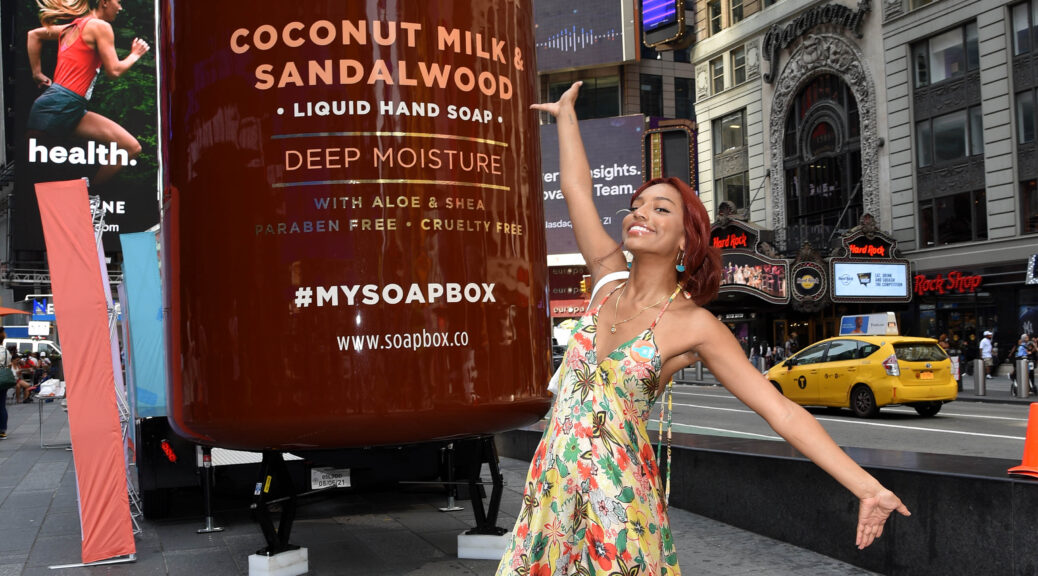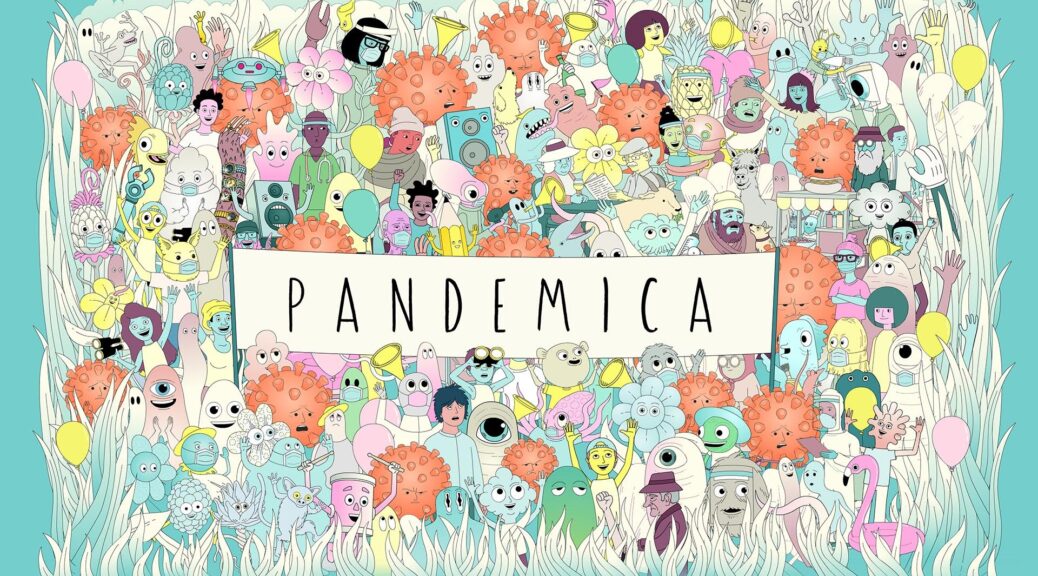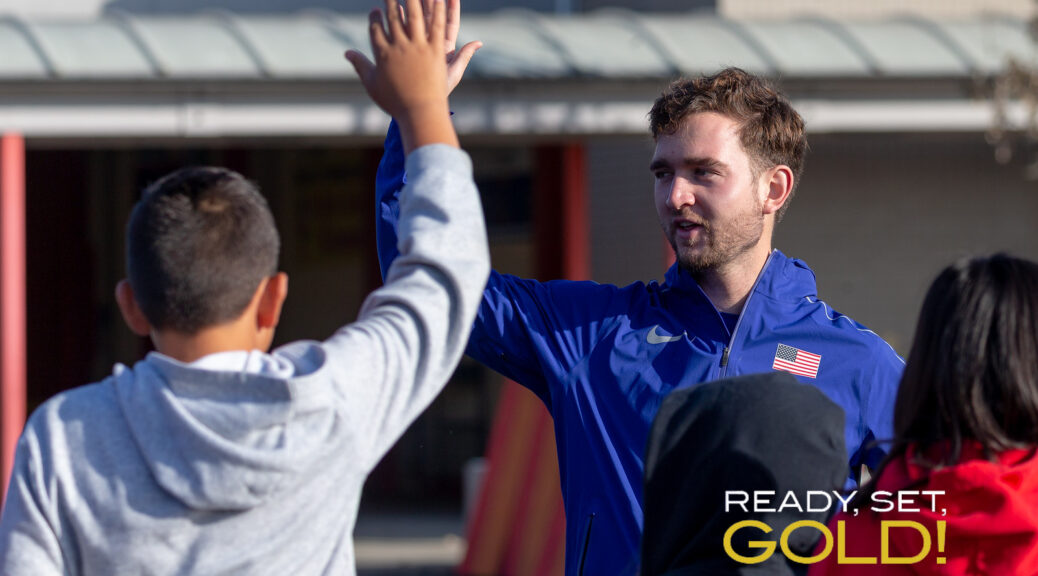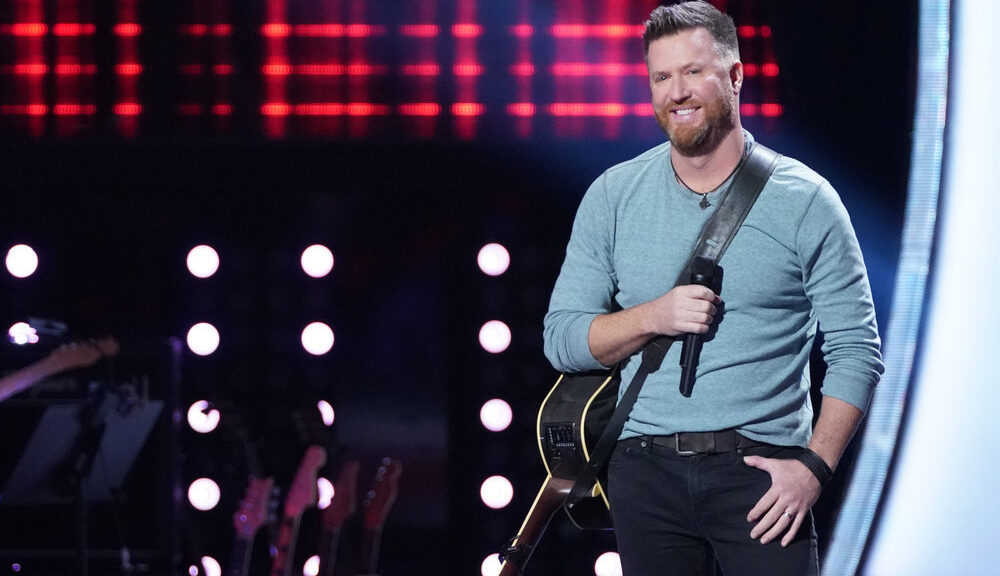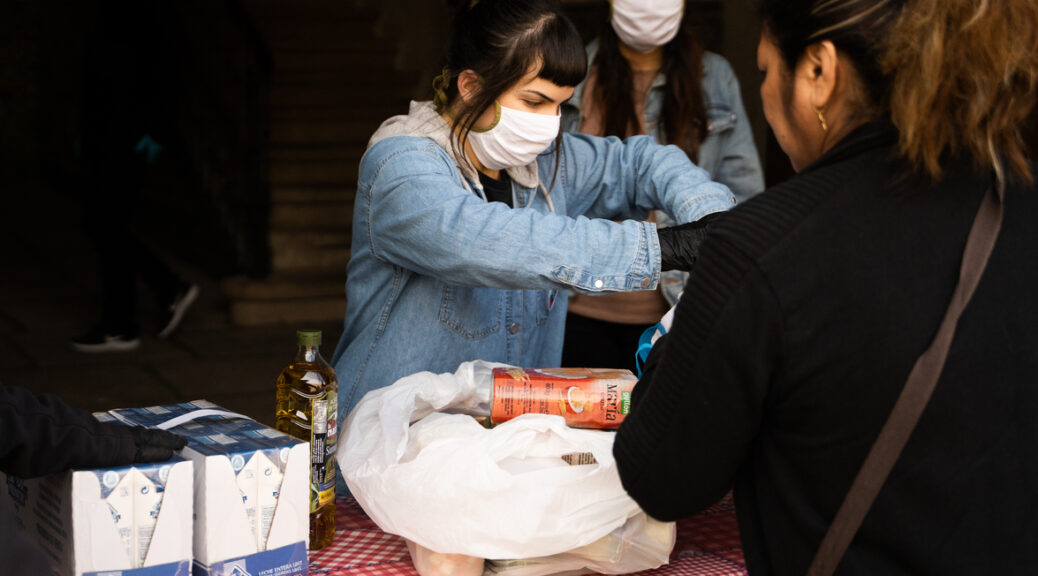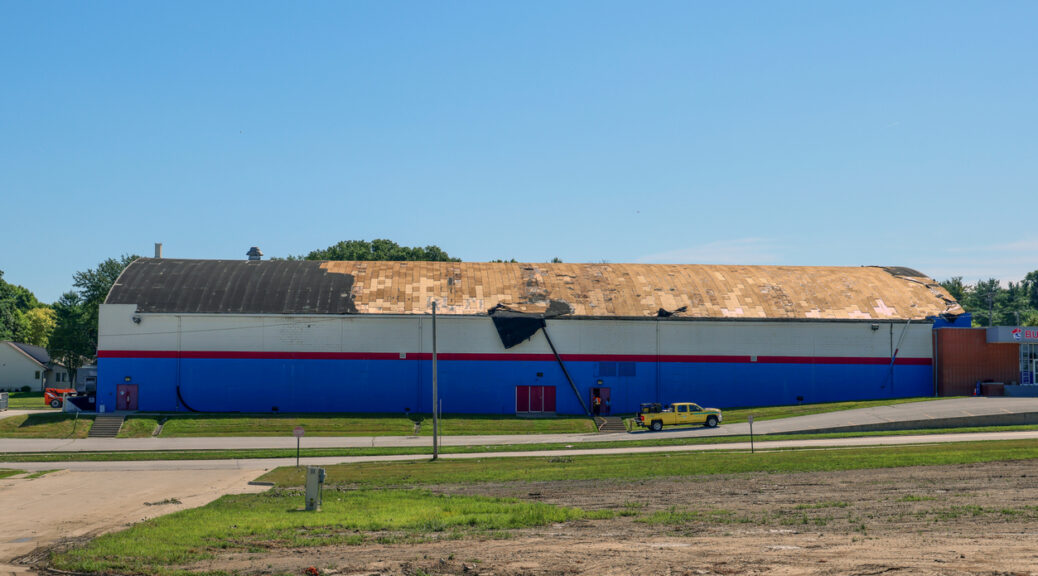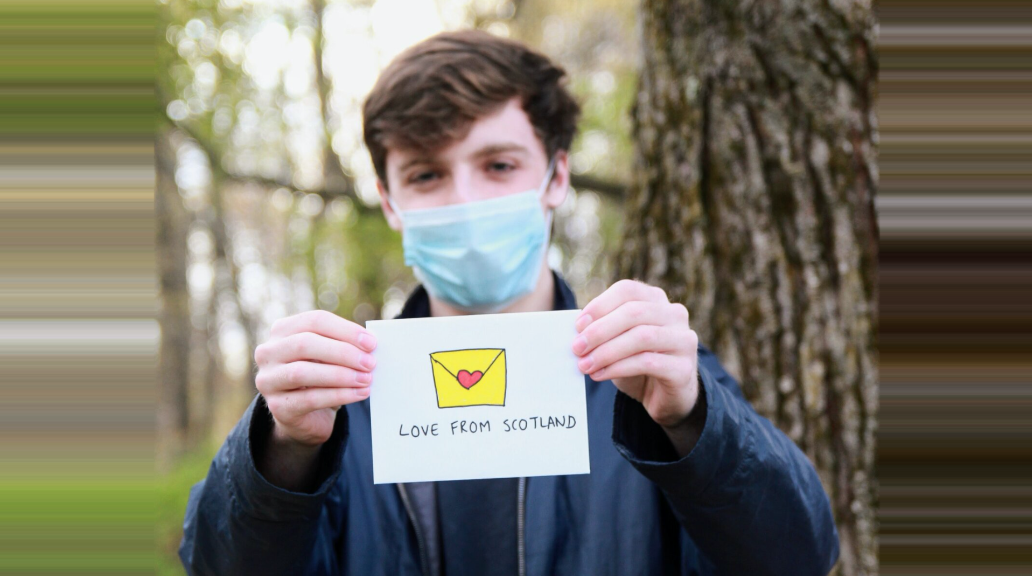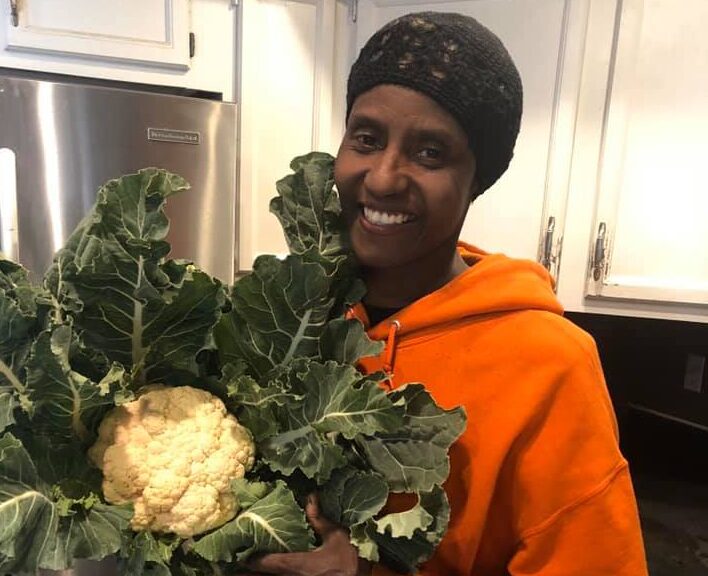Soapbox Giving Tour is traveling through 16 cities to donate soap and personal hygiene kits that will be donated to local charities and volunteers are needed.
By Heather Newgen
Clean beauty company Soapbox is raising awareness for the importance of hand hygiene by doing a multi-city tour donating hand soap and personal hygiene kits. Volunteers are needed and “Gossip Girl” star Savannah Lee Smith joined Soapbox in NYC to assemble hygiene kits in Comfort Cases for local charities and kick off The Soapbox Giving Tour, featuring the world’s largest bottle of soap. The tour, and a 21ft bottle of Soapbox hand soap, will travel to 16 cities, remind people to continue to wash their hands and garner a Guinness Book World Record for most hygiene products donated in a week.
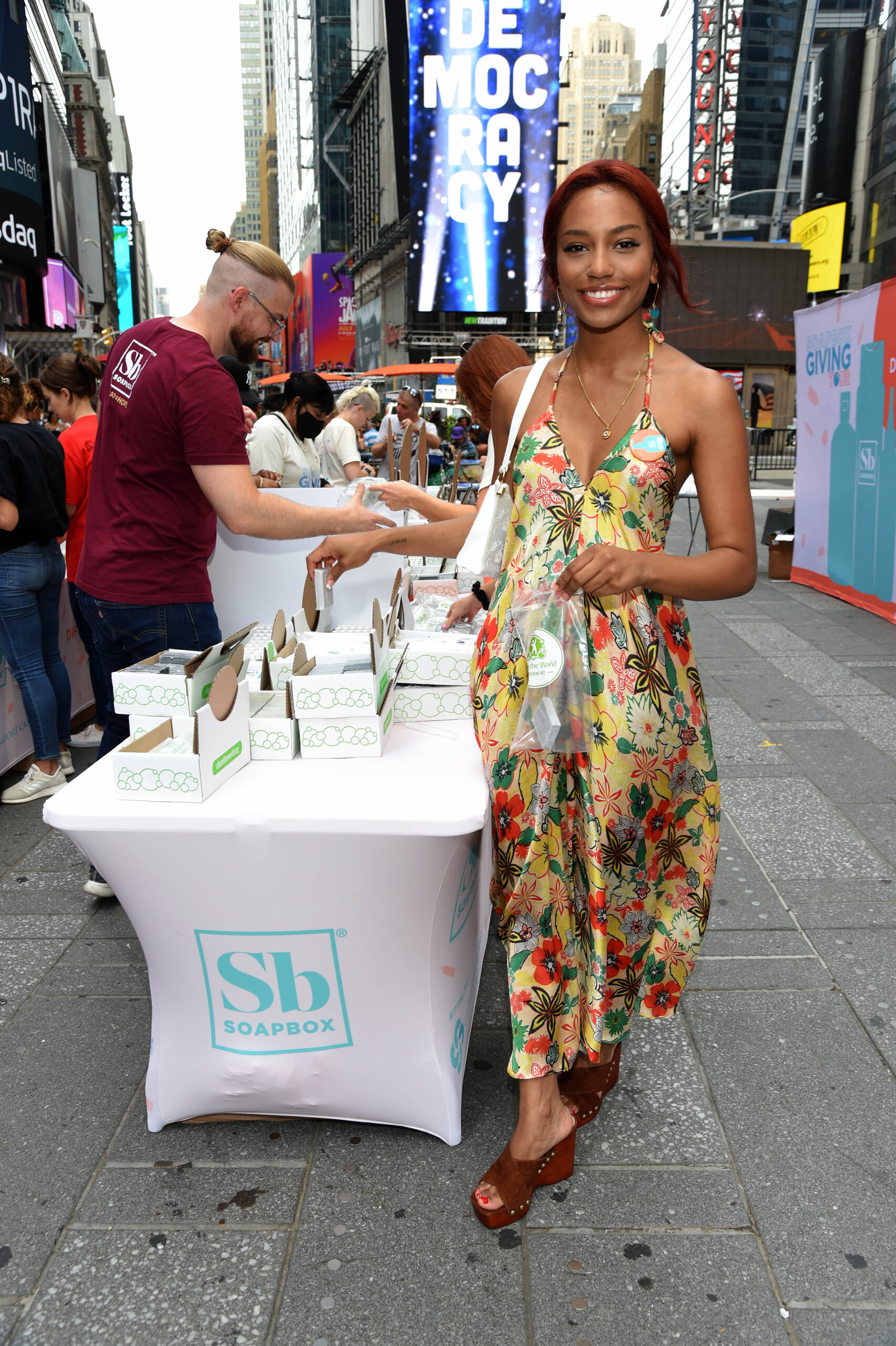 – New York, NY – 07/16/2021 – Savannah Lee Smith joined Soapbox in NYC to kick off The Soapbox Giving Tour.
– New York, NY – 07/16/2021 – Savannah Lee Smith joined Soapbox in NYC to kick off The Soapbox Giving Tour.
-PICTURED: Savannah Lee Smith PHOTO by: Michael Simon/startraksphoto.com
The 21-foot tall, 8.5-foot diameter, 2500-pound metal and fiberglass bottle will then travel to 15 other cities: Boston, Mass. (July 16); Manchester, N.H. (July 17); Buffalo, N.Y. (July 18); Chicago, Ill. (July 20); Minneapolis/St. Paul, Minn (July 21).; Bentonville, Ark. (July 23); Dallas, Texas (July 24); Austin, Texas (July 25); Atlanta, Ga. (July 27); Rockville, Md. (July 29); Virginia Beach, Va. (July 31); Raleigh, N.C. (August 1); Washington, DC (August 2); Philadelphia, Pa. (August 3) and Pittsburgh, Pa. (August 4).

Soapbox, which operates on a buy-one-give-one model — where every product sold donates a bar of soap to someone in need — will donate pallets of soap and personal hygiene kits to local charities at every stop, including 144,000 bars of soap and 3,900 hygiene kits to Comfort Cases. Soapbox will earn a world records over the course of the tour: the most hygiene products donated within a week.
Retailers Walgreens, Wegmans, Sally Beauty, Hannaford, Hy-Vee, Rite Aid, Giant Food, Giant Eagle, Lowes Food, and H-E-B will welcome the world’s biggest bottle of soap at select stores. Shoppers and community members are invited to take photos, enter a raffle for product giveaways, and assist with assembling hygiene kits that will be donated to children in the foster care system within their local community.
“The COVID pandemic has helped highlight the importance of handwashing, but as mask mandates go away, we can’t let our guard down,” Soapbox co-founder and CEO David Simnick told The Voluntourist in an email statement. “People around the world get sick and die every day because they can’t properly wash their hands due to lack of access to soap and water.”
“In the U.S., food stamps don’t cover personal hygiene products like soap,” continues Simnick. “We hope this tour brings attention to that important issue as well.”
Simnick was inspired to launch Soapbox in 2010 after an internship with USAID exposed him first-hand to communities lacking soap and clean water. To date, the company has donated more than 22 million bars of soap worldwide.
“We are honored to be a part of this tour,” says Comfort Cases founder Rob Scheer, whose charity provides backpacks filled with comfort and personal care items to youth entering the foster care system. “Teaching children the importance of handwashing, particularly in underserved communities, can be a lifesaver.”
According to the United Nations, handwashing with soap is one of the most effective barriers to the spread of diseases. Around 297,000 children under five – more than 800 every day – die annually from diseases due to poor hygiene, poor sanitation, or unsafe drinking water.
To volunteer with Soapbox, message them on Instagram to sign up.

